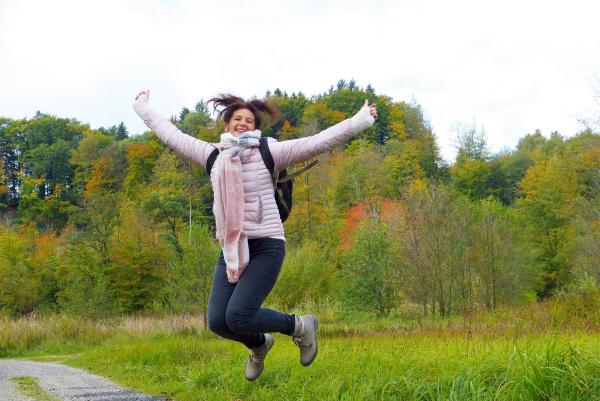Denmark does almost double the testing for COVID-19 than we do in the US, 10% versus about 6%. Using that database, researchers looked at the two waves of infections Denmark has experience – the first, from February to June, the second from September to December. In all, there were 3.96 million tests performed, more than two-thirds of their population was tested at least once, and 43% had more than one test. The first wave saw 2.2% of the roughly 533,000 people tested were COVID-19 positive; the second wave saw 4.3% infections among about 3.48 million individuals.
How many individuals with an initial infection were reinfected?
- Of the initial cohort that was positive, 0.6% were reinfected in the second wave
- Your relative risk of being reinfected was only about 20% as great as those previously uninfected. In other words, natural immunity protected you 80% of the time.
- Protection for those over 65 years of age was less roughly 47%
- Protection was the same irrespective of gender
- Protection lasted at least six months
- The number of tests by an individual did not change the results. More testing didn’t lead to more or less positive cases.
A few nuances to consider
The data does not include information on the severity of reinfection. We do not know whether these individuals were asymptomatic, hospitalized, or died – just that there were fewer of them. In comparison, the three vaccines now available in the US appear to strongly mitigate COVID-19’s morbidity and mortality.
Our immune response has two phases, initially “innate,” where cells go after the virus, and then an “adaptive” phase where antibodies target the virus for elimination. Previous studies suggest that those initial circulating antibodies hand around for 5 to 11 months in other coronaviruses. But not enough time has passed in the pandemic to determine the longevity of our immunologic memory for COVID-19. It will require more studies by scientists and more patience on our part.
The finding that protection was dampened among those over 65 years of age is not surprising. As with age, our immune system, innate, adaptive, and the communication between the two works less well; we develop immune senescence. This may mean that older individuals will need “booster” immunizations or that continued behavior to diminish exposure may be worthwhile. I would hasten to add that the over 65 group is too large and varied to make any standard recommendation – again, time and further research will be helpful.
Of course, there is always a few limitations. In addition to not knowing the clinical course of reinfection, we do not know the variants' role in reinfection – primarily because they were not known to be “in play” during the study period. Overall, natural immunity is protective. Perhaps not as protective as vaccination. More importantly, vaccination comes with a far lower risk of morbidity (hospitalization) or death.
Source: Assessment of protection against reinfection with SARS-CoV-2 among 4 million PCR-tested individuals in Denmark in 2020: a population-level observational study The Lancet DOI: 10.1016/ S0140-6736(21)00575-4




